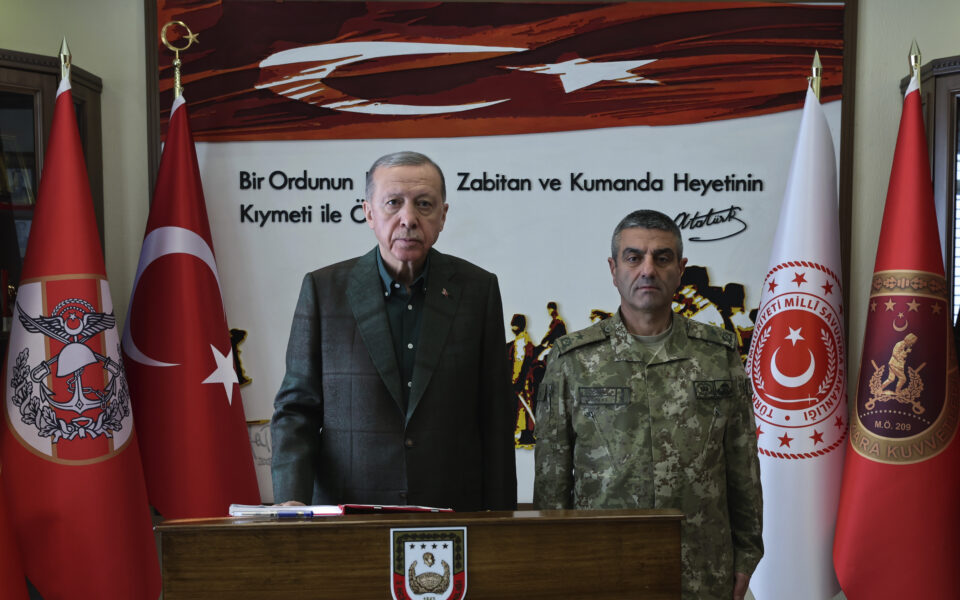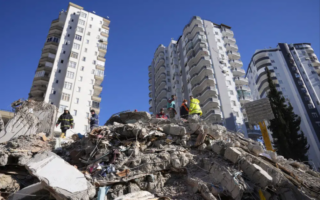Time of reckoning arrives for Erdogan
Turkish president at most difficult point of his term in office as earthquakes highlight failings

Apart from the primarily human dimension of the devastating earthquakes in Turkey and Syria, the failings of the state apparatus the disaster has highlighted is making an already difficult political situation for Turkish President Recep Tayyip Erdogan even more untenable. Erdogan is now obliged to face up to these failings and the lack of coordination of a corrupt model which contributed to a disaster of biblical proportions.
The Turkish president is indeed in a tight spot and in dire need of external financial aid, while the risk of losing control of the situation is visible, despite imposing a state of emergency for three months in the 10 provinces.
The image of a strong leader of a strong country is being damaged, and Erdogan is being called upon to deal effectively and quickly with the explosive problems of healthcare, housing, unemployment, the pandemic, reconstruction and, ultimately, the resentment, if not anger, of his compatriots – especially in areas friendly to the ruling party, where almost 15% of the country’s population lives.
Seeking to reverse his negative image at home, he must review, even if only temporarily, tactical and strategic aspects of his foreign policy.
The polls prior to last Monday’s earthquakes showed a clear lead for the opposition in the parliamentary elections, with the sum of the six parties reaching 45-47%.
Erdogan’s AK party was pinned down by the very low percentage (below 6%) of his government partner – nationalist Devlet Bahceli’s MHP – and thus not exceeding 35-37%.
The presidential elections, however, are different. According to the schedule, the opposition’s front-runner CHP Chair Kemal Kilicdaroglu was to be announced on February 13. However, it may be postponed, as the country mourns.
The same could happen with the date of the elections, with June 18 being one of the most favored, although Erdogan might try, with a greater degree of difficulty, to defer them, even by as much as six months.
The opposition, for its part, is attempting to win the battle of impressions and the favor of foreign powers by foreshadowing structural changes to the constitution and the functioning of governance away from the model of one-man rule and toward a collective one, with increased powers for both the prime minister (which Erdogan abolished) and parliament.





